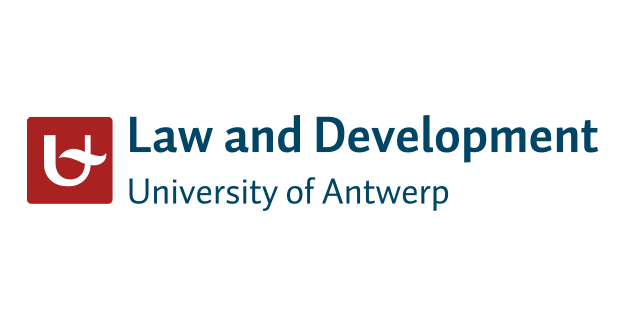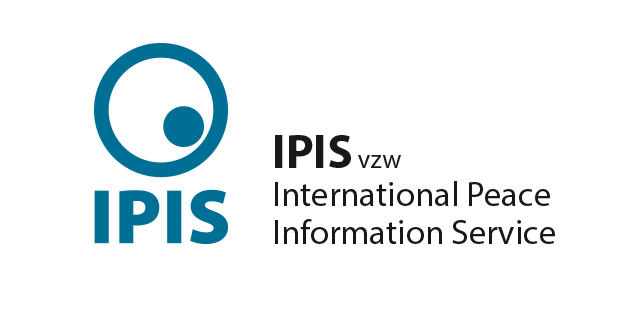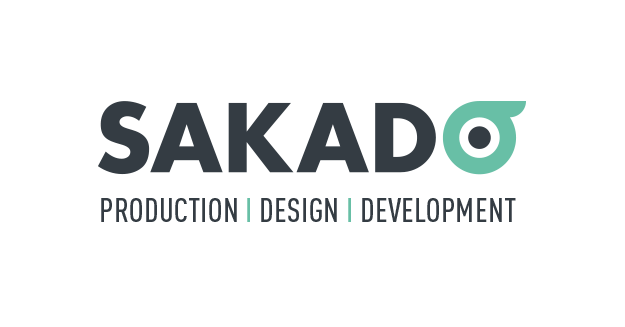- Large corporations
-
Large corporations usually have more legal duties related to respecting human rights than private medium-sized corporations or non-profit organisations.
Organisations must also avoid causing or contributing to adverse human rights impacts, and must redress any damage caused if it occurs.
Organisations must prevent or mitigate adverse human rights impacts that are directly or indirectly linked to their activities, even if the organisation is not causing the impact. They should also take care that impacts are not caused by their partners - that is, by entities linked to their own operations, such as commercial or professional partners.
When organisations are able to do so, they are also expected to support human rights initiatives in the communities where they operate.
- Small and medium-sized corporations
-
Organisations must also avoid causing or contributing to adverse human rights impacts, and must redress any damage caused if it occurs.
Organisations must prevent or mitigate adverse human rights impacts that are directly or indirectly linked to their activities, even if the organisation is not causing the impact. They should also take care that impacts are not caused by their partners - that is, by entities linked to their own operations, such as commercial or professional partners.
When organisations are able to do so, they are also expected to support human rights initiatives in the communities where they operate.
- non-profit corporations
-
Organisations must also avoid causing or contributing to adverse human rights impacts, and must redress any damage caused if it occurs.
Organisations must prevent or mitigate adverse human rights impacts that are directly or indirectly linked to their activities, even if the organisation is not causing the impact. They should also take care that impacts are not caused by their partners - that is, by entities linked to their own operations, such as commercial or professional partners.
When organisations are able to do so, they are also expected to support human rights initiatives in the communities where they operate.
- state-owned corporations
-
Large state-owned corporations usually have more legal duties related to respecting human rights than private medium-sized corporations or non-profit organisations.
Organisations must also avoid causing or contributing to adverse human rights impacts, and must redress any damage caused if it occurs.
Organisations must prevent or mitigate adverse human rights impacts that are directly or indirectly linked to their activities, even if the organisation is not causing the impact. They should also take care that impacts are not caused by their partners - that is, by entities linked to their own operations, such as commercial or professional partners.
When organisations are able to do so, they are also expected to support human rights initiatives in the communities where they operate.
- public entities
-
As the state is the main party responsible for the respect, protection and fulfilment of the human rights of all persons in its jurisdiction, it has concrete duties derived from the international and national rules and standards.
The state must take the measures necessary to prevent the actions or omissions of its public entities or of private organisations and persons from causing adverse human rights impacts. These obligations can be concretised through policy, legislative, administrative or adjudicative actions.





